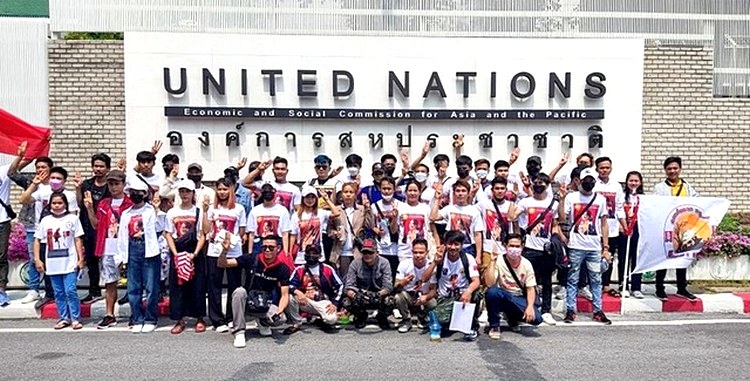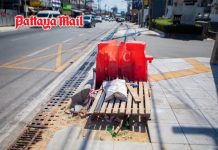
The cash-strapped military government of Myanmar is demanding that its overseas workers remit part of their monthly wages, no matter how meager, to a junta-controlled bank prior to returning home or trying to obtain a new passport. Separately, foreigners of all nationalities residing within Myanmar for 183 days a year, or more, are expected to pay income tax on their worldwide income amounting in most cases to 25 percent.
Around 1.5 million Myanmar nationals work legally in Thailand on labor permits, mostly earning minimum monthly wages of 7,500 baht or US$200. They must now remit 2 percent or 150 baht to the junta government. The Myanmar embassy in Bangkok says that the payments should be made there or in approved banks before the workers try to return, lest they risk losing the right to travel abroad for three years and are refused mew passports.
Better paid, white-collar overseas workers must give up 10 percent of their wages, whilst the select few on salaries of US$14,200 a year are to be taxed at 25 percent. They are expected to pay their remittances regularly into Myanmar banks which are controlled by the military. Myanmar embassies in Singapore and South Korea have also made similar announcements. The Global New Light of Myanmar, a junta mouthpiece, has not commented widely on the income tax demands but claimed the sliding scale of remittances from 2 to 25 percent was fair.
As regards foreigners living permanent residents in Myanmar, there are believed to be around 2,000 in the country. They are mostly working for international organizations or businesses and include small numbers of Chinese, American and European expats. The demand that they pay taxes on their income or assets is not new, but is apparently now being enforced more strongly. Most will be subject to a rate of 25 percent payable annually or monthly to Myanmar banks. The government website says nothing about exceptions or double taxation issues.
The military government, led by senior general Min Aung Hlaing, is believed to be short of money after an incipient civil war which has already ceded swathes of rural territory and at least 30 towns to insurgent forces. China has recently brokered a deal between the junta and its domestic enemies in the areas close to the Chinese border, but there is no sign that the fighting has eased in other areas. Already over a million Myanmar nationals have been forced to flee the violence and many have ended up on the Thai border, particularly in the city of Mae Sot.







